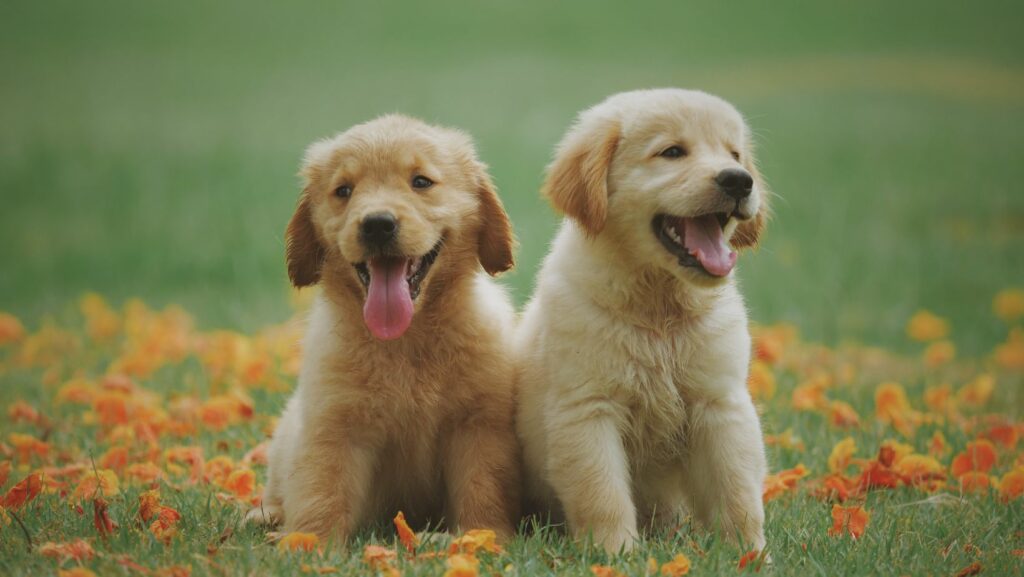There’s nothing quite like the joy of bringing home a new puppy. Their infectious energy and adorable antics can instantly brighten up the home. So, let’s dive into the fascinating world of puppies, exploring their unique traits, their deep power, debunking common myths, and providing practical tips to help you raise a happy, healthy pup. Stay tuned as we unleash the delightful journey of living with, loving, and learning about puppy dogs.
Puppy:iuuiiqqqwao= Dogs

After understanding a puppy’s behavior and needs, selecting the appropriate breed becomes essential. Here, primary considerations encompass breed characteristics, lifestyle, evolution, accessibility and simplicity, and health implications.
Different puppy dog breeds possess unique traits and attributes. For instance, Golden Retrievers exhibit friendly behavior and high energy levels, while Basset Hounds typically show a more relaxed disposition. Hence, selecting a breed that aligns with one’s circumstances and preferences can decisively influence the relationship between the owner and the puppy.
Balancing Breed and Lifestyle
The choice of breed must harmonize with the lifestyle of the potential dog owner. Active families might prefer high-energy breeds such as Border Collies or Australian Shepherds, renowned for their intelligence and agility. Conversely, those seeking a calmer companion might consider breeds like the Bulldog or Shih Tzu, both of which adapt well to apartment living.
Health Considerations
Certain breeds have predispositions to specific health issues. Dalmatians, for example, can be more prone to deafness, while Boxers often face heart conditions. Thus, understanding potential health challenges linked to a breed facilitates informed decisions, fostering an enjoyable and healthy life for the puppy.
Through these considerations, prospective dog owners can ensure they select a breed that aligns with their lifestyle, enhances mutual companionship, and assures a healthy, fulfilling life for their future furry friend.
Preparing Your Home for a Puppy Dog

To start, consider puppy-proofing your house. This includes ensuring the safety of the puppy by securing loose wires, removing harmful items, and installing gates if necessary. It’s similar to baby-proofing, as curious puppies often get into mishaps.
Essential supplies, such as comfortable bedding, food and water bowls, chew toys, and grooming supplies, are necessary for your new canine companion. Nourishing food suitable for the selected breed and age of the puppy also plays a pivotal role in its growth and development.
Finally, establish routines early on, best suited to your lifestyle and your pet’s needs. This can cover feeding times, potty breaks, training sessions, and sleep schedules. Regular routines offer consistency, contributing significantly towards successful puppy training and growth.
Training Your Puppy Dog

The first aspect of successful puppy training involves establishing clear, consistent commands. Choose specific words for individual actions, such as “sit,” “stay,” “come,” and “heel.” It’s crucial to use these commands consistently to avoid confusing the puppy.
Treats play a vital role in reinforcing positive behaviors during training sessions, acting as a tangible reward for compliance. For instance, giving the puppy a treat after it stays at command, reinforces the desired behavior.
Puppies thrive on routines and predictable schedules. Allocate specific daily slots for training, as regular practice helps in speedy cognition and adherence to commands.
Moreover, socializing your puppy can significantly contribute to their behavioral development. Exposing them to different people, environments, dogs, and other animals, in controlled situations, prepares them for various real-life scenarios.
Socializing Your Puppy Dog
Coming off the back of training, a critical aspect of a puppy dog’s development is socialization. It involves exposing the puppy to an array of experiences, including contact with different people, environments, sounds, and other animals. Socialization imparts vital life skills, aiding the puppy in becoming well-adjusted and confident. To kick start the process, introduce the puppy to mellow, well-behaved dogs and people. It’s sensible to avoid overcrowded or loud places initially, as these can frighten the puppy. Gradual socialization ensures steady adaptation.
Holding puppy play dates permits the puppy to encounter a variety of individual dogs and humans. Take walks in diverse locations, permitting the puppy to explore novel environments safely. Incorporating socialization into their daily life, it’s integral for a puppy to grow into a calm, confident adult dog. Establish a system to document and assess progress, noting any concerns or points for enhancement. View each experience as a learning opportunity, always employing positive reinforcement to encourage good behavior.

